Despite the absence of senior leaders from Israel, the United States and many European countries, the Cairo Peace Summit still unanimously spoke out about the Hamas-Israel conflict and called for peace.
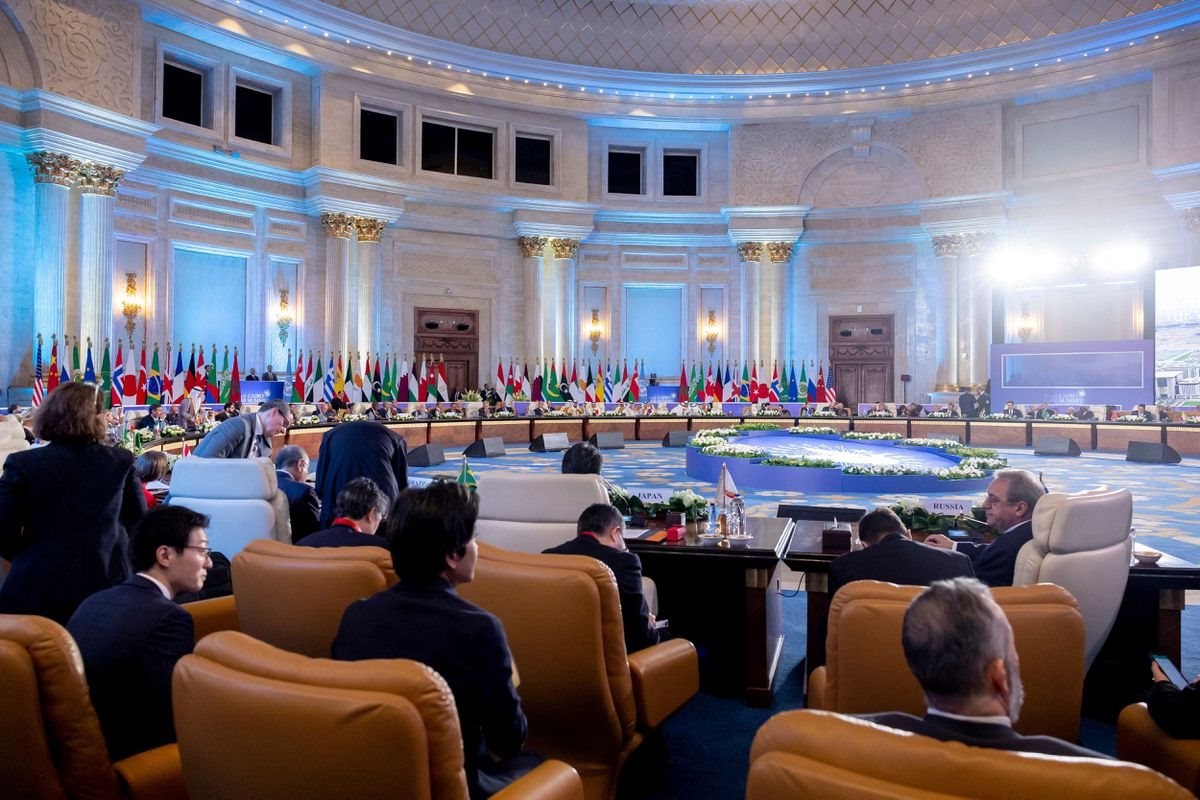 |
| Leaders attend the Cairo Peace Summit. (Source: AP) |
At the Cairo Peace Summit hosted by Egypt on October 21 to seek a solution to the Hamas-Israel conflict and agree on a roadmap to end the humanitarian disaster in Gaza, Arab leaders condemned Israel's two-week-long airstrikes and shelling of the Gaza Strip.
In addition, the countries agreed to promote new efforts to achieve a peace solution in the Middle East to end the decades-long cycle of violence between Israelis and Palestinians.
However, the absence of Israel and senior US officials at the conference undermined any prospect of stopping the escalating conflict.
Speaking at the Cairo Peace Summit, Saudi Arabia's Foreign Minister Prince Faisal bin Farhan opposed "Israel's efforts to forcibly relocate the people of Gaza".
At the same time, Mr. Faisal added that Saudi Arabia called on the international community to push Israel to comply with international law.
Meanwhile, President of the United Arab Emirates (UAE) Sheikh Mohamed bin Zayed said the country called for the protection of civilians, ensuring safe access to humanitarian aid and an immediate end to hostilities in the Gaza Strip.
Sheikh Mohamed called on the international community to work together to de-escalate the situation in Gaza and prevent further instability in the region.
"Dialogue, cooperation and peaceful coexistence remain the only viable path to peace," the UAE President stressed.
The Cairo Peace Summit was convened to try to find ways to prevent a wider conflict in the region.
Although Middle Eastern and European leaders have common positions on some aspects of the Israel-Hamas conflict, the absence of senior officials from Israel's key ally, the United States, and several other Western leaders has dampened expectations about what the event might achieve.
While the US only sent a Chargé d'Affaires, German Chancellor Olaf Scholz, British Prime Minister Rishi Sunak and French President Emmanuel Macron did not attend the conference.
Source


![[Photo] General Secretary To Lam chairs the meeting of the Central Steering Committee on preventing and combating corruption, waste and negativity](https://vphoto.vietnam.vn/thumb/1200x675/vietnam/resource/IMAGE/2025/9/29/fb2a8712315d4213a16322588c57b975)

![[Photo] Many streets in Hanoi were flooded due to the effects of storm Bualoi](https://vphoto.vietnam.vn/thumb/1200x675/vietnam/resource/IMAGE/2025/9/29/18b658aa0fa2495c927ade4bbe0096df)
![[Photo] General Secretary To Lam attends the ceremony to celebrate the 80th anniversary of the post and telecommunications sector and the 66th anniversary of the science and technology sector.](https://vphoto.vietnam.vn/thumb/1200x675/vietnam/resource/IMAGE/2025/9/29/8e86b39b8fe44121a2b14a031f4cef46)

![[Photo] National Assembly Chairman Tran Thanh Man chairs the 8th Conference of full-time National Assembly deputies](https://vphoto.vietnam.vn/thumb/1200x675/vietnam/resource/IMAGE/2025/9/29/2c21459bc38d44ffaacd679ab9a0477c)
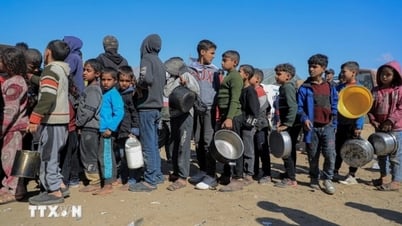



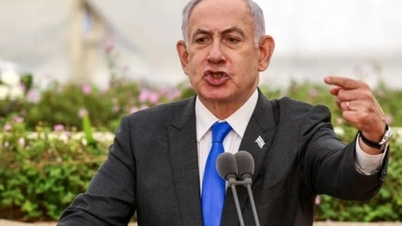



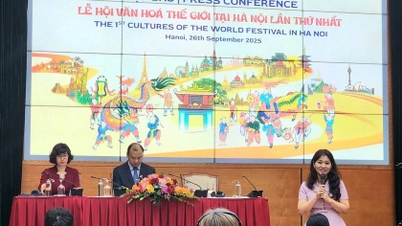
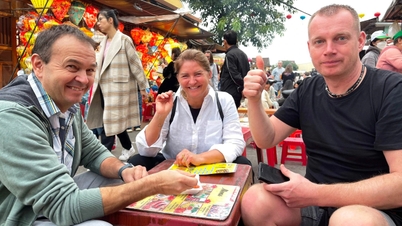

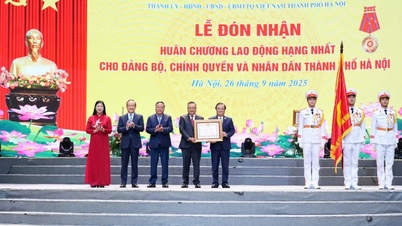





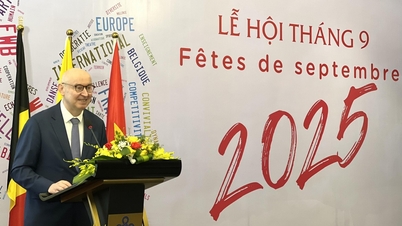


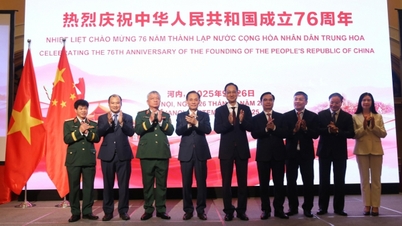












































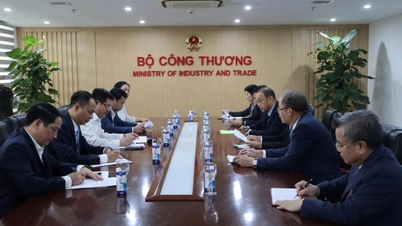





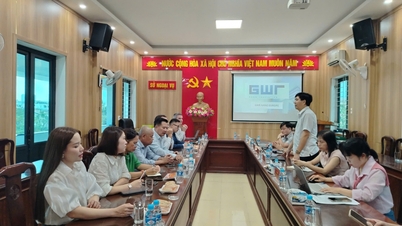






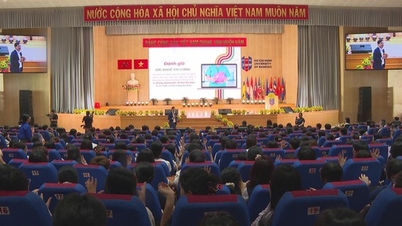















Comment (0)